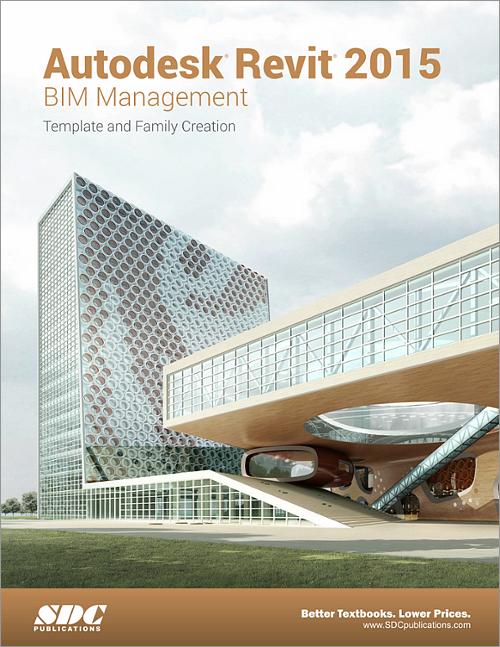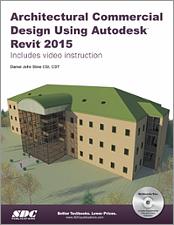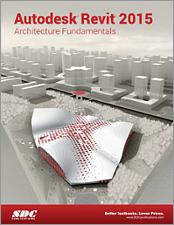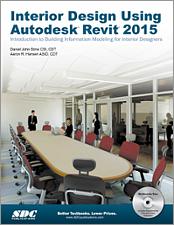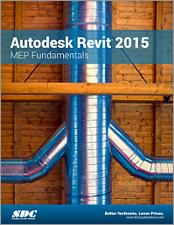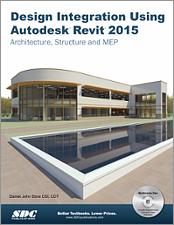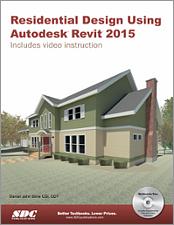Autodesk Revit 2015 BIM Management
Template and Family Creation
- Description
- Contents
- Downloads
- Details
Description
Key Features
- Designed for students already familiar with Revit Architecture
- Teaches you to set up office standards with templates
- Learn to coordinate, update and share design data with team members through all phases of a building's life
- Uses real world drawing projects
In Detail
Building Information Modeling (BIM) is an approach to the entire building life cycle. Autodesk Revit Architecture, Autodesk Revit MEP, and Autodesk Revit Structure are powerful BIM programs that support the ability to coordinate, update, and share design data with team members throughout the design construction and management phases of a building’s life. A key component in managing the BIM process is to establish a company foundation for different types of projects by creating standard templates and custom elements. Having this in place makes the process of any new project flow smoothly and efficiently.
The objective of Autodesk Revit 2015 BIM Management is to enable students who have worked with the software to expand their knowledge in setting up office standards with templates that include annotation styles, preset views, sheets, and schedules, as well as creating custom element types and families. The class can be taught in any one or a mix of all of the software programs using practices specific to each discipline.
This textbook also contains additional discipline-specific practices for families including doors, windows, railings, pipe fittings, light fixtures, gusset plates, and built-up columns.
Information about creating object styles, fill patterns, and materials as well as some basic User Interface customization is included in Appendix A.
What you'll learn:
- Create custom templates with annotation styles, title blocks, and custom element types
- Create schedules, including material takeoff schedules with formulas
- Create custom wall, roof, and floor types
- Set up a family file
- Create family geometry
- Create family types
- Create specific families, including in-place families, profiles, annotations, and parameters.
Who this book is for:
Students should be comfortable with the fundamentals of Revit. Knowledge of basic techniques is assumed, such as creating walls, roofs, and other objects, copying and moving objects, and creating and working with views, etc.
Table of Contents
- Creating Custom Templates
- Schedules
- Custom System Families
- Family Concepts & Techniques
- Creating Specific Families
- Creating Architectural Specific Families
- Creating MEP Specific Families
- Creating Structural Specific Families
Appendix A: Additional Management Tools
Autodesk Revit 2015 Certified Professional in Architectural Design Exam Objectives
Index
Downloads
For additional information on downloading, unzipping, and using these files visit the downloads section on our FAQ page.
